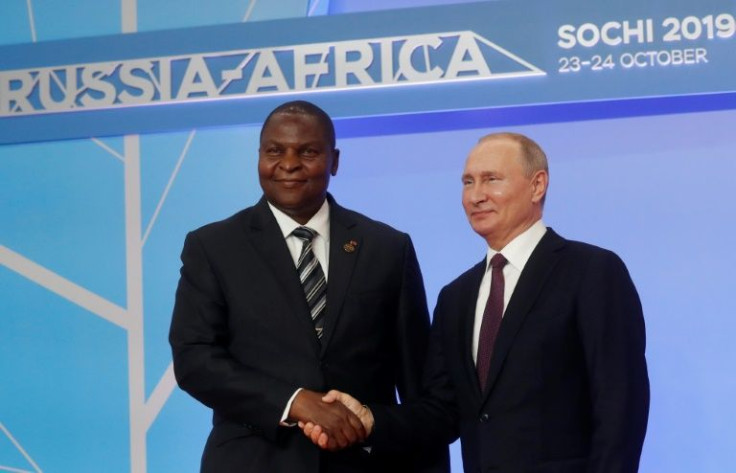US Faces Diplomatic Struggle In West Africa Amid Extremism And Russian Influence

U.S. officials are facing formidable diplomatic challenges in West Africa as they seek strategic partnerships with military governments in the wake of escalating violence from Islamic extremists and the growing influence of Russia. The situation is further complicated by legal restrictions on U.S. assistance following the ousting of democratically elected governments in Niger, Mali and Burkina Faso, The Washington Post reported.
The recent coup in Niger has prompted U.S. officials to explore alternative options, including preliminary talks with the governments of Benin, Ghana, and Côte d'Ivoire about the possibility of opening a drone base. This potential move is seen as a response to the likely closure of the U.S. drone base in Niger, emphasizing the fluidity of the region's political landscape.
Assistant Secretary of State Molly Phee's recent visit to Niger aimed at urging the junta to rebuild relations with the Economic Community of West African States (ECOWAS) and set a timeline for restoring democracy. However, Niger, along with Mali and Burkina Faso, exited ECOWAS, forming their own Alliance of Sahel States, deepening regional divisions.
Simultaneously, Russia has been making significant inroads in the region. Deputy Defense Minister Yunus-bek Yevkurov signed security agreements with Niger's junta, while reports indicate the arrival of Russian soldiers in Burkina Faso and Mali, further intensifying concerns.
The Pentagon's consideration of a new drone base in West Africa underscores the potential closure of the drone base in Niger, which has been crucial for surveillance of extremist groups in the Sahel region. Gen. Michael E. Langley, who heads U.S. military operations in Africa, emphasizes the need for policymakers to evaluate the impact of a Russian presence in Niger on U.S. troop presence.
Former U.S. special envoy J. Peter Pham highlights the challenges in negotiations with African countries, particularly military juntas, where the U.S. struggles to match Russia's security support. The strained U.S.-Mali relationship is indicative of this, with Mali turning to Russia for military assistance following a State Department decision to block a transponder sale.
In the broader context, political analyst Michael Shurkin's analysis on Atlantic Council emphasizes the need for the U.S. to rethink its engagement strategy in West Africa. Shurkin suggests that a business-as-usual approach has proven ineffective, with Russia filling the vacuum left by diminishing French influence. He recommends a more comprehensive assessment of the region, creative engagement strategies, and a focus on pro-American sentiments in countries like Benin, Côte d'Ivoire, Ghana, Liberia, Nigeria, and Sierra Leone.
As U.S. officials grapple with these diplomatic hurdles, the region's geopolitical shifts and the need for a nuanced approach highlight the complexity of navigating West Africa's political landscape.
© Copyright IBTimes 2024. All rights reserved.












